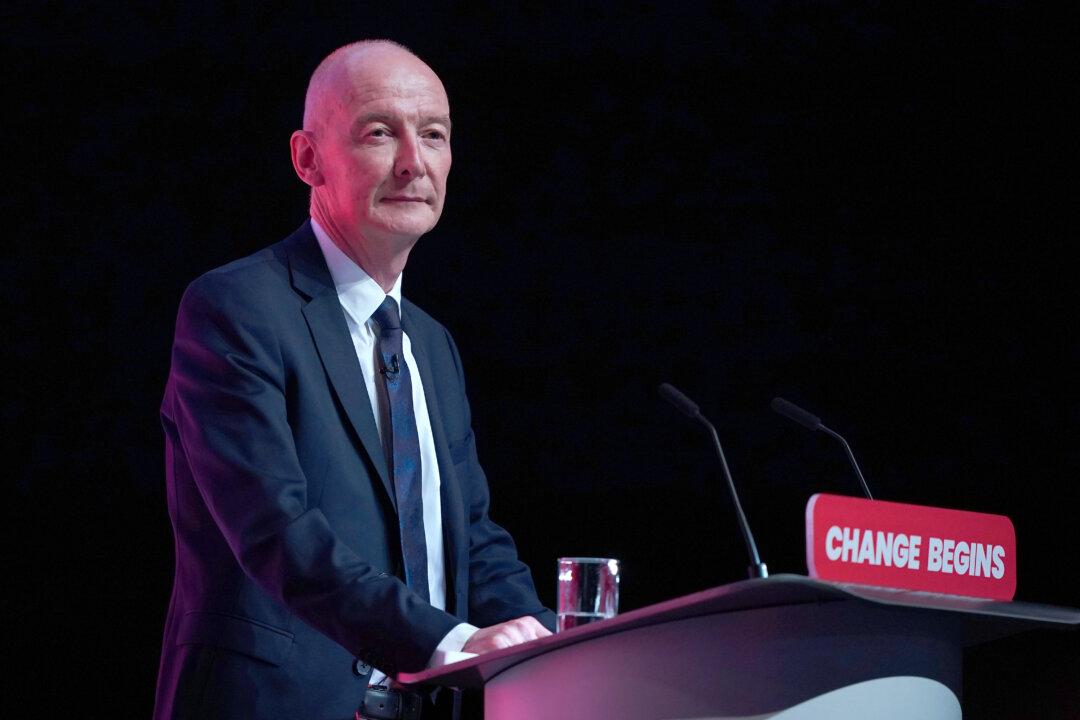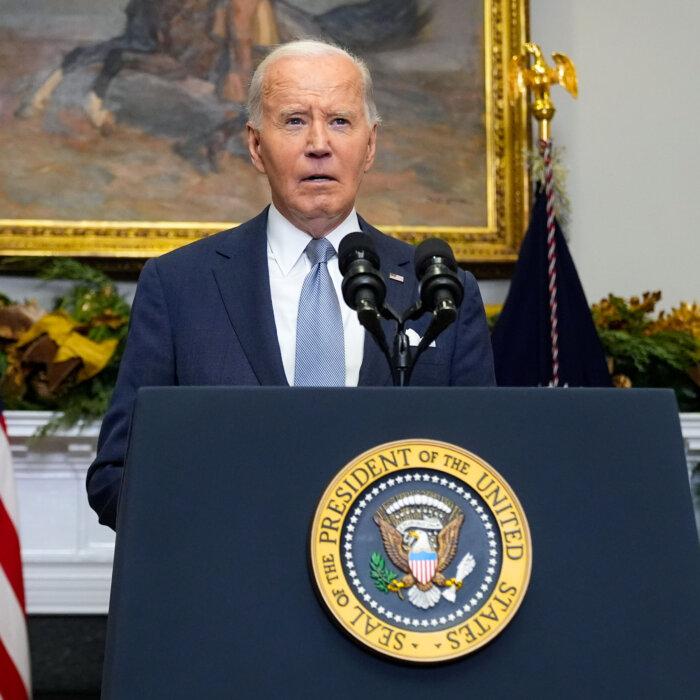Britain should make a “swift” decision on how it will deal with the new Syrian regime, following the downfall of President Bashar al-Assad’s government, Cabinet minister Pat McFadden has said.
The collapse of the Assad regime follows 13 years of civil war in Syria. Following a rebel takeover of the nation’s capital city of Damascus on Sunday, Assad and his family have fled the country and have been granted political asylum in Russia.
The rebel takeover was led by Islamist group Hayat Tahrir al-Sham (HTS), banned in the UK over its past association with al-Qaeda, which is also a proscribed terrorist organisation in Britain.
HTS leader Abu Mohammed al-Golani is a former al-Qaeda commander, who cut ties with the group years ago and claims to have embraced pluralism and religious tolerance.
Speaking about HTS on BBC Radio 4’s “Today” on Monday, McFadden said: “They’ve been proscribed for quite a long time now.
“The leader of that group has distanced himself away from some of the things that have been said in the past. He is saying some of the right things about the protection of minorities, about respecting people’s rights. So we’ll look at that in the days to come.”
The minister added that if the situation in Syria stabilises, Downing Street will have to make a “swift” decision on how to deal with the new Syrian leadership.
“We don’t know what will happen in Syria right now, whether it’s going to be a better future for the country, or whether it’s going to be more chaos, no one can be certain about that right now.
“But obviously, if the situation stabilises, there’ll be a decision to make about how to deal with whatever new regime is in place there. I think it should be a relatively swift decision so it’s something that will have to be considered quite quickly, given the speed of the situation on the ground,” he said.
Commenting on the current location of Assad and his family, the minister said that “as far as we know” the former Syrian president is in Russia.
Political Solution
Prime Minister Sir Keir Starmer has welcomed Assad’s departure and “the end of his brutal regime.”The government said it is speaking to partners in the region and monitoring the situation closely.
“The Syrian people have suffered under Assad’s barbaric regime for too long and we welcome his departure. Our focus is now on ensuring a political solution prevails, and peace and stability is restored.
“We call on all sides to protect civilians and minorities and ensure essential aid can reach the most vulnerable in the coming hours and days,” Starmer said in a statement.
Foreign Secretary David Lammy has called for “an inclusive political transition and a pathway to peace and security” for the Syrian people.
Proscribed Organisations
Under the Terrorism Act 2000, the government can proscribe organisations that it considers engage in or promote terrorism. It is a criminal offence to belong to or support a proscribed organisation.Currently, there are 81 international terrorist groups proscribed under UK law.
A Home Office spokesperson said that the government did not routinely comment on whether a group was “being considered for proscription or deproscription.”
“The situation on the ground in Syria is very fluid. The priority must be the safety of Syrian civilians and securing a political solution to the unfolding events,” the spokesperson said on Sunday.
HTS was proscribed as a terrorist organisation in the UK in 2017.
Former head of MI6 Sir John Sawers said the group was thought of as “too close to al-Qaeda” when he was in post. He added that al-Golani had “made great efforts over the last 10 years to distance himself from those terrorist groups.”
According to Sawers, the government will engage with MI5 and its joint terrorism assessment centre to conduct a review of the position on HTS.
“It would be rather ridiculous, actually, if we’re unable to engage with the new leadership in Syria because of a proscription dating back 12 years,” said Sawers.







